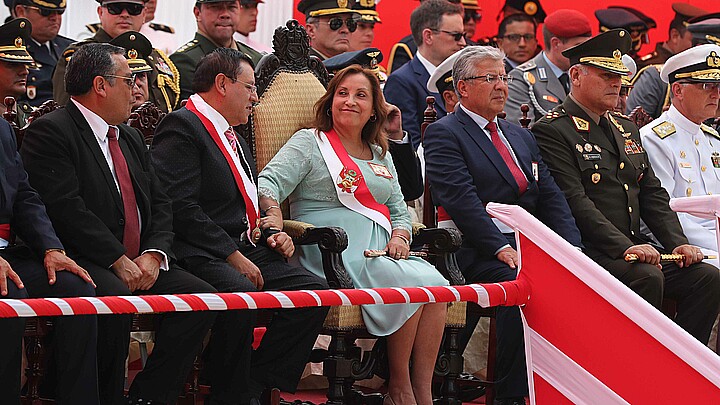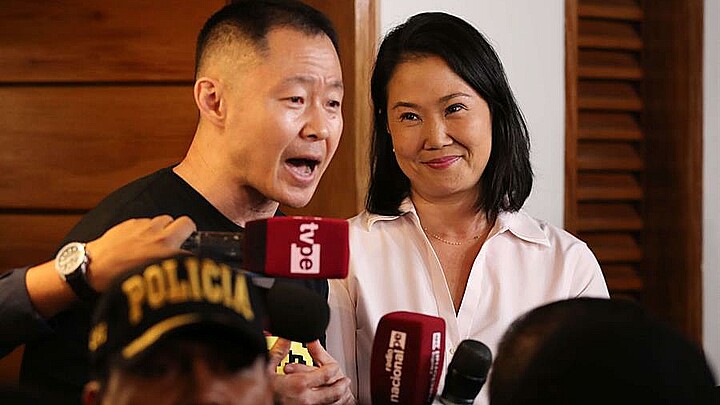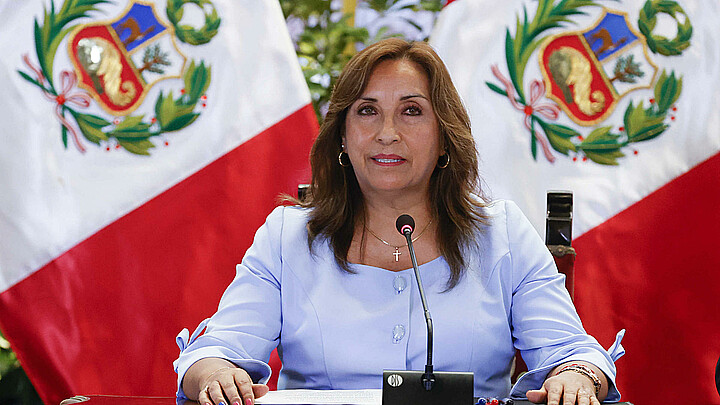Politics
Peru's prime minister defends populist plan to redraft Constitution
"This bill is not unconstitutional at all, as many constitutionalists have said. I do not know where they got that idea from," he said
May 4, 2022 10:33am
Updated: May 4, 2022 10:34am
Amid backlash over a proposal to change Peru’s Constitution, Prime Minister Anibal Torres assured the South American country’s Congressional Constitution Commission that the government’s bill is not unconstitutional.
"This bill is not unconstitutional at all, as many constitutionalists have said. I do not know where they got that idea from," he added.
Peru’s top minister also noted that the group tasked with drafting a new Constitution will be made up of representatives of a diverse group of political organizations, independent representatives and members of minority communities, including indigenous and Afro-Peruvian peoples, Peruvian news site Andina noted.
Additionally, Torres noted that the National Elections Board (JNE) will be in charge of establishing protocols for members of the assembly to follow.
Torres announced last month that the government will call for a referendum to propose a redrafting of the constitution – a move which could help achieve a promise made by socialist President Pedro Castillo to boost the role of the state in the country’s faltering economy.
"We have submitted to congress a bill to amend the constitution with the purpose of calling a constitutional assembly to redact a new constitutional text," Torres said, adding that the process could ultimately be rejected by voters.
The announcement came at a time when the unpopular leftist government is facing national unrest and street protests over rising food and fuel prices, rampant inflation and the hangover from a presidential campaign that has left the country deeply divided with many Peruvians feeling dissatisfied with both the government and the congress.
Although talk of a referendum helped propel Castillo to victory over conservative Keiko Fujimori in 2021, the move would ultimately require congressional support and is thus unlikely to be approved in the opposition-controlled legislature.
Talk of constitutional reform had not been heard in Lima since February when ousted former Prime Minister Hector Valer said he supported amending the country’s market-friendly constitution.
"From the executive's side we've been fulfilling what the president promised during the campaign, which is to create a constitution-making moment for a new constitution," the new prime minister told reporters.
But the renewed interest in the referendum is telling of a strategic shift in Peruvian politics and are perhaps indicative of Castillo’s intention to actively push for a constitutional reform – a tactic actively pursued by left-wing regimes across Latin America to consolidate power.
As Andres Oppenheimer previously noted in the Miami Herald, changing the country’s constitution is “exactly what late Venezuelan authoritarian leader Hugo Chavez did immediately after taking office in 1999, and what Chavez’s followers did in Bolivia, Ecuador and Nicaragua to grab absolute powers and seek to re-elect themselves indefinitely.”










